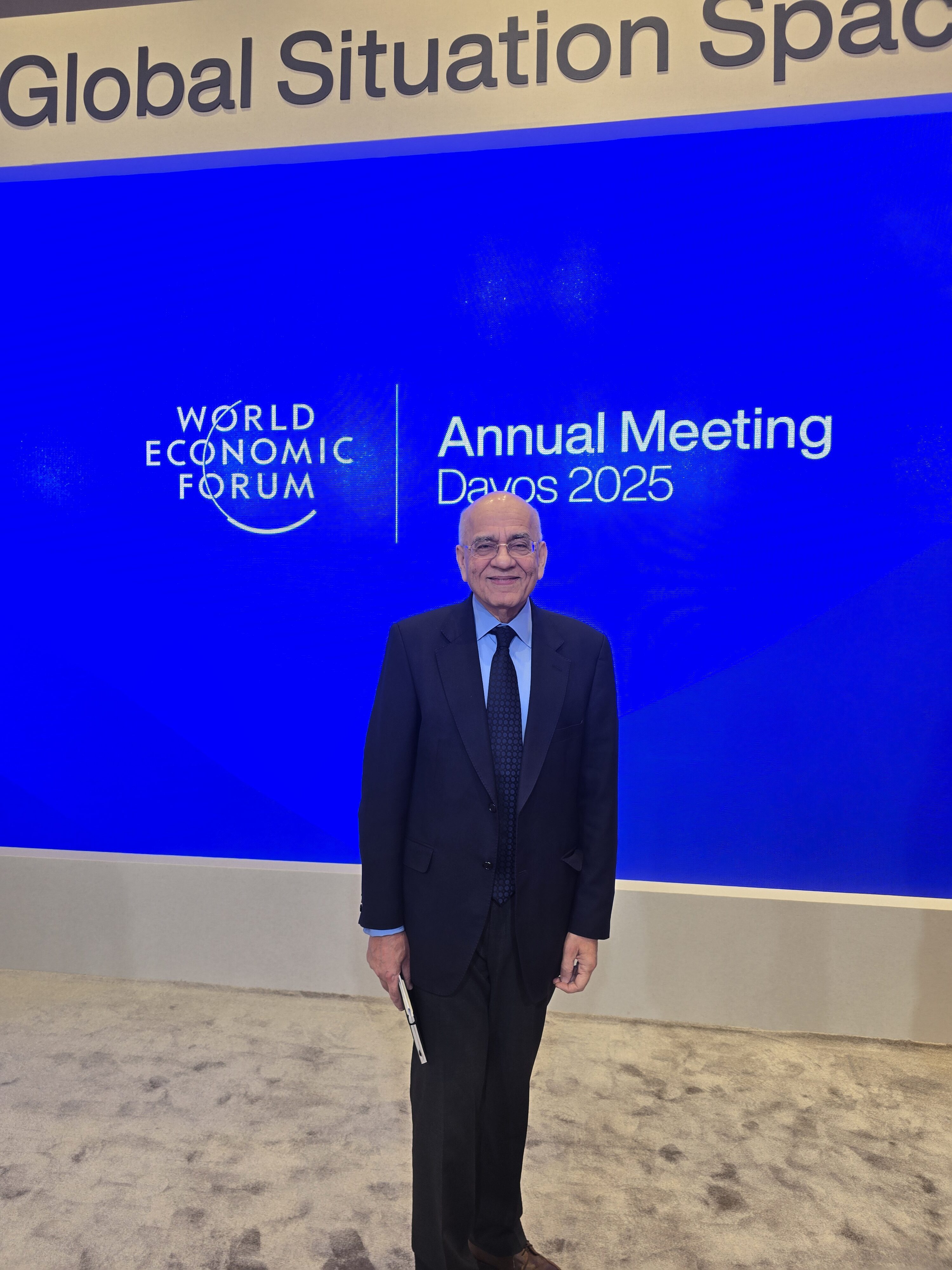Davos, Switzerland – The world is grappling with challenges that demand collective action, but rising nationalism and geopolitical tensions are making cooperation increasingly difficult, Dr. Masood Ahmed, the president emeritus of the Center for Global Development, told TRENDS in an exclusive interview at the Davos meeting of the World Economic Forum.
“This meeting comes at a time when the world faces problems that can only be solved if people and countries come together,” Dr. Masood said. “But many nations are increasingly retreating into thinking that their problems at home are the ones they need to focus on. And so cooperation is becoming harder to bring about at a time when cooperation is essential to solve some problems.”
Dr. Masood cited the strained relationship between the United States and China as a major impediment to addressing global challenges. “Globally, geopolitics makes cooperation on shared problems harder to achieve,” he noted.
On the Middle East, Dr. Masood expressed cautious optimism following recent ceasefires but stressed the daunting task of rebuilding lives and infrastructure. “In the Middle East, everyone is breathing a sigh of relief because at least we now have a ceasefire,” he said. “But there’s a huge task ahead to try and find the will and the resources to rebuild lives.”
Dr. Masood emphasized the importance of actionable solutions at the summit. “My priority here is to find practical ways to make progress on cooperation where we must,” he said.








